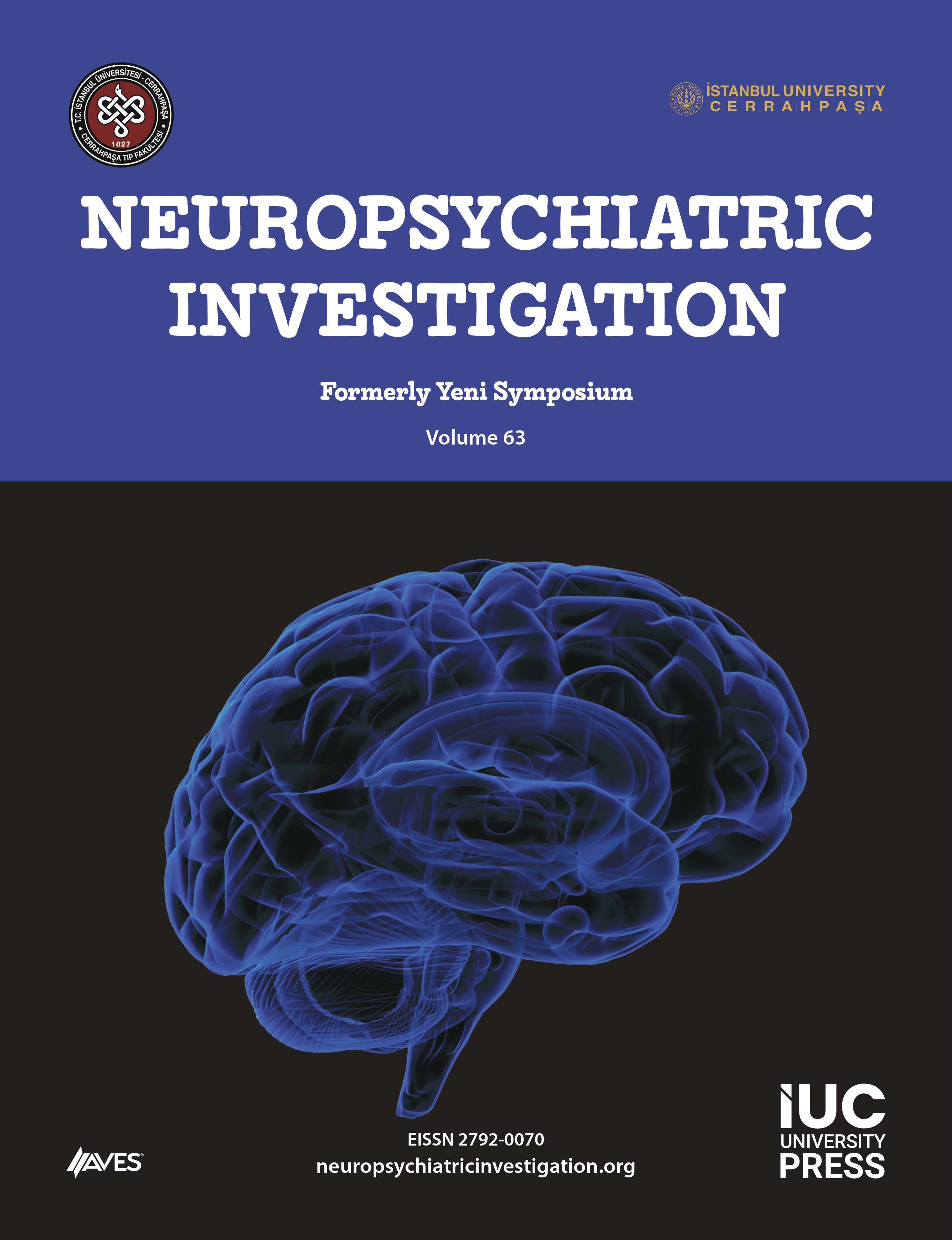Objective: This study aims to investigate the impact of bipolar disorder on marital union, whether it renders the marital union intolerable, and how the clinical features of the disorder can be assessed in making this significant decision.
Methods: Our study sample consists of cases of bipolar disorder sent for forensic psychiatric evaluation under Article 165 of the Turkish Civil Code to the Council of Forensic Medicine between 2013 and 2022. The sample is divided into 2 groups based on whether the marriage has ended or not. Data on sociodemographic characteristics, reasons for evaluation, previous psychiatric history, evaluation outcomes, and diagnosis were retrospectively analyzed from files accessed through the National Judiciary Network Project software.
Results: Individuals with termination of marriages had a significantly higher prevalence of a history of crime and substantially higher mean number of hospitalizations compared to those with ongoing marriages (P < .05).
Conclusion: In our study, we observed that despite numerous challenges, the majority of marriages involving bipolar disorder (89.6%) continued. This retrospective study aimed to identify significant clinical characteristics of bipolar disorder patients related to dissolution of marriage decisions, particularly noting links between hospitalization, criminal history, and dissolution of marriage.
Cite this article as: Gökçay H, Doğan M, Kaya İİ, Boylu ME, Aslıyüksek H, Duran A. The effect of bipolar disorder on the maintenance of marriage: Evaluation from forensic psychiatric perspective in Türkiye. Neuropsychiatr Invest. 2024;62(2):55-59




.png)